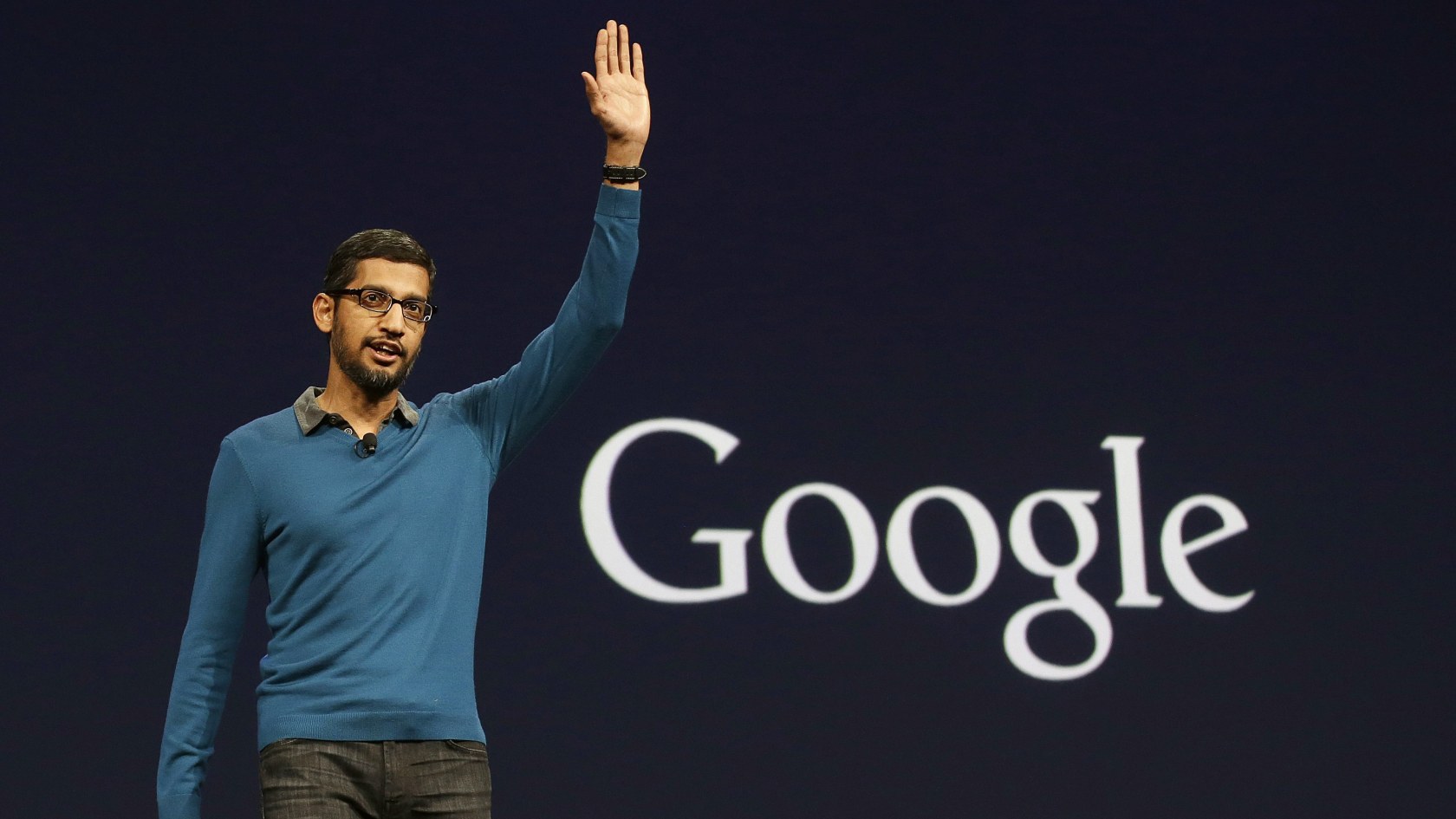
It’s not often that a new piece of technology causes so much controversy, but Google’s AI-powered Duplex system, which can book appointments over the phone by mimicking a human voice, has led to a backlash over the potential ethical questions it poses.
Duplex, which works alongside Google Assistant, was shown off at Google’s I/O conference by CEO Sundar Pichai to gasps of amazement from the audience. It can even use speech disfluencies such as “umm” and “ah” to make itself sound more human.
But the fact a piece of software was able to trick someone into thinking they were speaking to another person has led to arguments, mostly over whether the assistant should identify itself as a machine. Tech critic Zeynep Tufekci called it “horrifying.”
That the many in Google did not erupt in utter panic and disgust at the first suggestion of this... is incredible to me. What of Google's famed discussion boards? What are you all discussing if not this?!?! This is horrible and so obviously wrong. SO OBVIOUSLY WRONG. *headdesk*
— zeynep tufekci (@zeynep) 9 May 2018
Responding to the controversy, Google emphasized that transparency will be an important part of the feature.
"We understand and value the discussion around Google Duplex -- as we've said from the beginning, transparency in the technology is important," a Google spokeswoman said in a statement. "We are designing this feature with disclosure built-in, and we'll make sure the system is appropriately identified. What we showed at I/O was an early technology demo, and we look forward to incorporating feedback as we develop this into a product."
Precisely how Google intends to add the disclosure into a conversation hasn’t been decided. The company said it still needs to test how people respond to it. Speaking to Bloomberg, Scott Huffman, an executive on Google’s Assistant team, suggested the system could start a call with "I’m the Google assistant and I’m calling for a client."
As is so often the case with new technologies, there are fears over the impact Duplex might have on human jobs. It could ultimately affect telemarketers, customer service assistants, and other phone-based workers, and there’s potential for it to be used in scams.
Pichai said there were important questions being raised about Duplex. "It’s clear that technology can be a positive force and improve the quality of life for billions of people around the world. But it’s equally clear that we can’t just be wide-eyed about what we create," wrote the CEO.
"There are very real and important questions being raised about the impact of technology and the role it will play in our lives. We know the path ahead needs to be navigated carefully and deliberately—and we feel a deep sense of responsibility to get this right."
https://www.techspot.com/news/74582-google-responds-duplex-backlash-ai-voice-system-identify.html